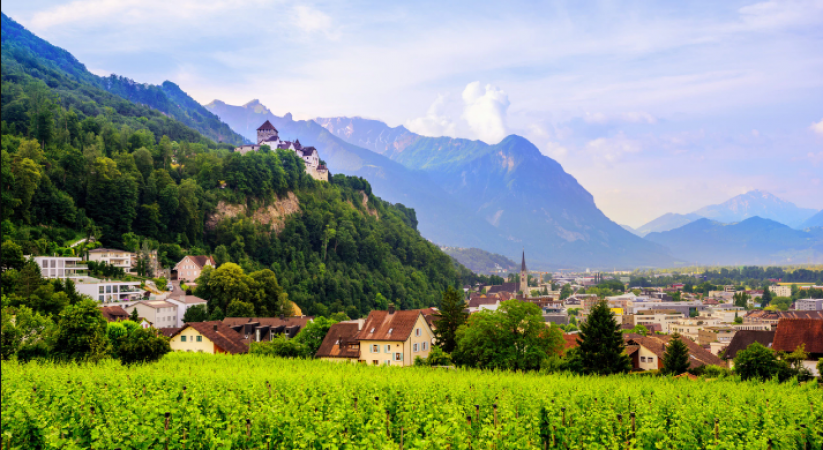
Liechtenstein: On Sunday, Liechtenstein voters rejected a proposal to outlaw casinos, choosing to preserve the small nation's status as the "Las Vegas of the Alps." The monarch of Liechtenstein opposed the ban, and the government there argued that gambling generates important tax revenue.
According to a government count, 73% of voters opposed the ban, and 27% supported it, in the referendum that was brought about by a local anti-gambling group. Around 70% of the 40,000 residents of the principality cast ballots.
In Liechtenstein, a nation the size of London, where gambling has only been permitted since 2017, there are currently six casinos open for business. A pro-gambling activist told Reuters last week that the casinos posed "a big reputation problem" for the nation and that opponents of the ban didn't want their country to turn into "a casino and poker hotspot in the middle of Europe."
Also Read: Erdogan: NATO hopeful may be "shocked" by Turkey.
Deputy Prime Minister Sabine Monauni told the news agency that such a move would be "too radical" and that gambling revenue is "relevant for our budget" in a statement made in opposition to the ban by the prince and political leaders of Liechtenstein. The state received more than $54 million in tax revenue from casinos last year.
Also Read: Media: Drones attack a convoy near the Iraqi-Syrian border
Until it loosened its banking secrecy laws in 2013 and joined an international forum to work with foreign tax authorities, the nation was regarded as a tax haven for decades. Two years later, it reached an agreement with the EU to share data on the accounts of EU citizens held by its banks with the authorities in Brussels.
Also Read: Trump launches his presidential campaign with events in South Carolina and New Hampshire
Although Liechtenstein is the only microstate to be a part of the European Economic Area and conduct free trade with the EU, it is not a member of the EU.